
Our history
Baltika Breweries LLC is:
- One of the largest consumer goods producers in Russia;
- A broad brand portfolio including 40 national and regional beer brands, as well as the energy drink Flash Up;
- Breweries in 8 Russian cities: Voronezh, Novosibirsk, Rostov-on-Don, Samara, St. Petersburg, Tula, Khabarovsk, and Yaroslavl;
- Two own malting plants and an agricultural program;
- Over 10,000 employees [1];
- Russia’s leading beer exporter.
[1] Based on 2024 data.
It All Started in St. Petersburg
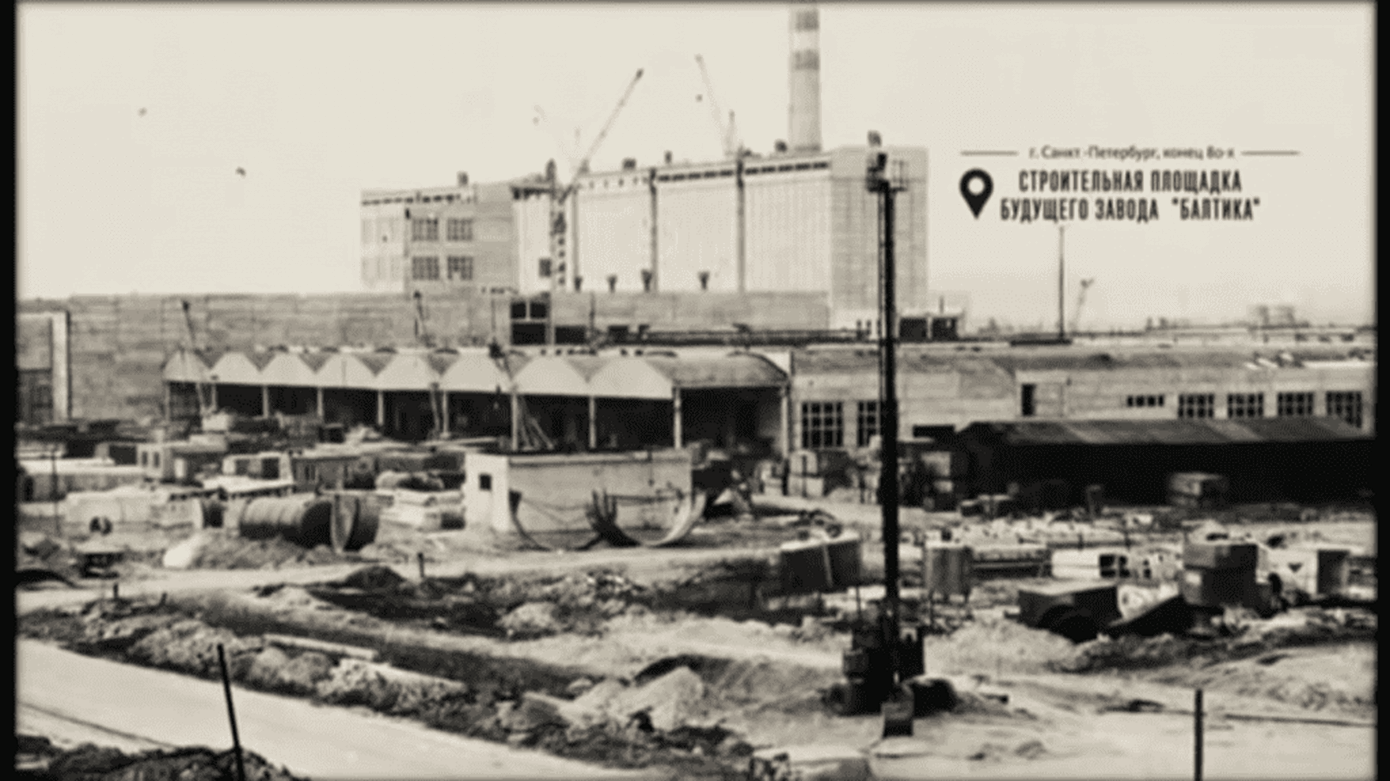
The Baltika Brewery was built to a design by the Gipropishcheprom-2 institute as one of the beer plants of the Leningrad Brewing and Non-Alcoholic Industry Production Association “Lenpivo.” Construction began in 1978. In 1990, upon completion, the State Enterprise “Baltika Brewery” was established.
The first batch of beer was released to the market in November 1990, totaling only 27,000 liters. At the time, there was no unified “Baltika” brand, and the company’s products were sold under well-known names such as Zhigulevskoye, Rizhkoye, Admiralteyskoye, and Prazdnichnoye.
In 1991, Taimuraz Kazbekovich Bolloev was appointed head of Baltika. By then, he was already well-versed in the brewing industry, having spent 10 years working as a brewmaster at the Leningrad Stepan Razin Brewery, where he rose to the position of Chief Technologist.
In 1992, under Bolloev’s leadership, privatization of the enterprise began, during which it was reorganized into an open joint-stock company. Baltika’s shareholders at that time included 28 legal entities and over 2,000 individuals. The largest shareholder and investor became Baltic Beverages Holding AB (BBH) — a Scandinavian holding company founded in 1991 by Hartwall (Finland), Pripps (Sweden), and Ringnes (Norway) to invest in the brewing industry in the post-Soviet space. These companies later became part of Carlsberg and Scottish & Newcastle, which split BBH’s assets equally (50/50).
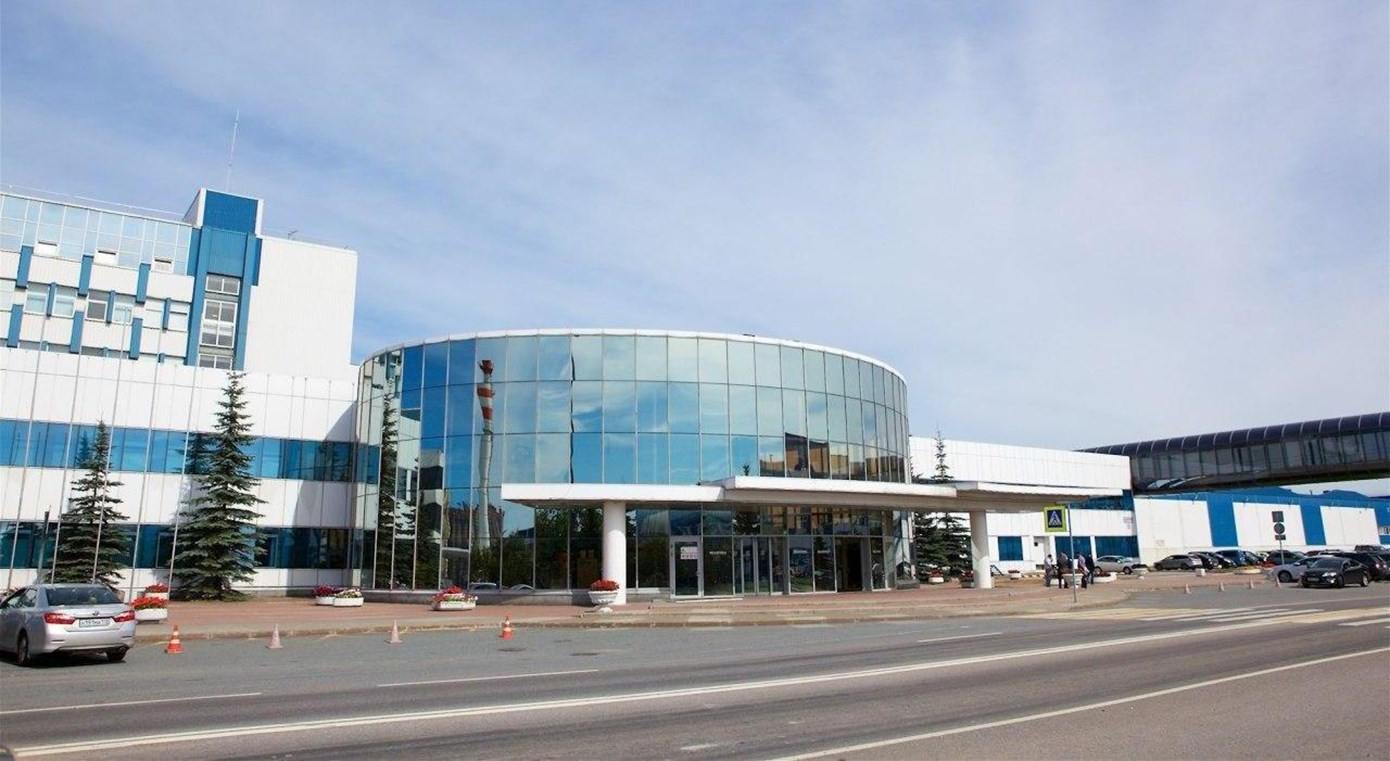
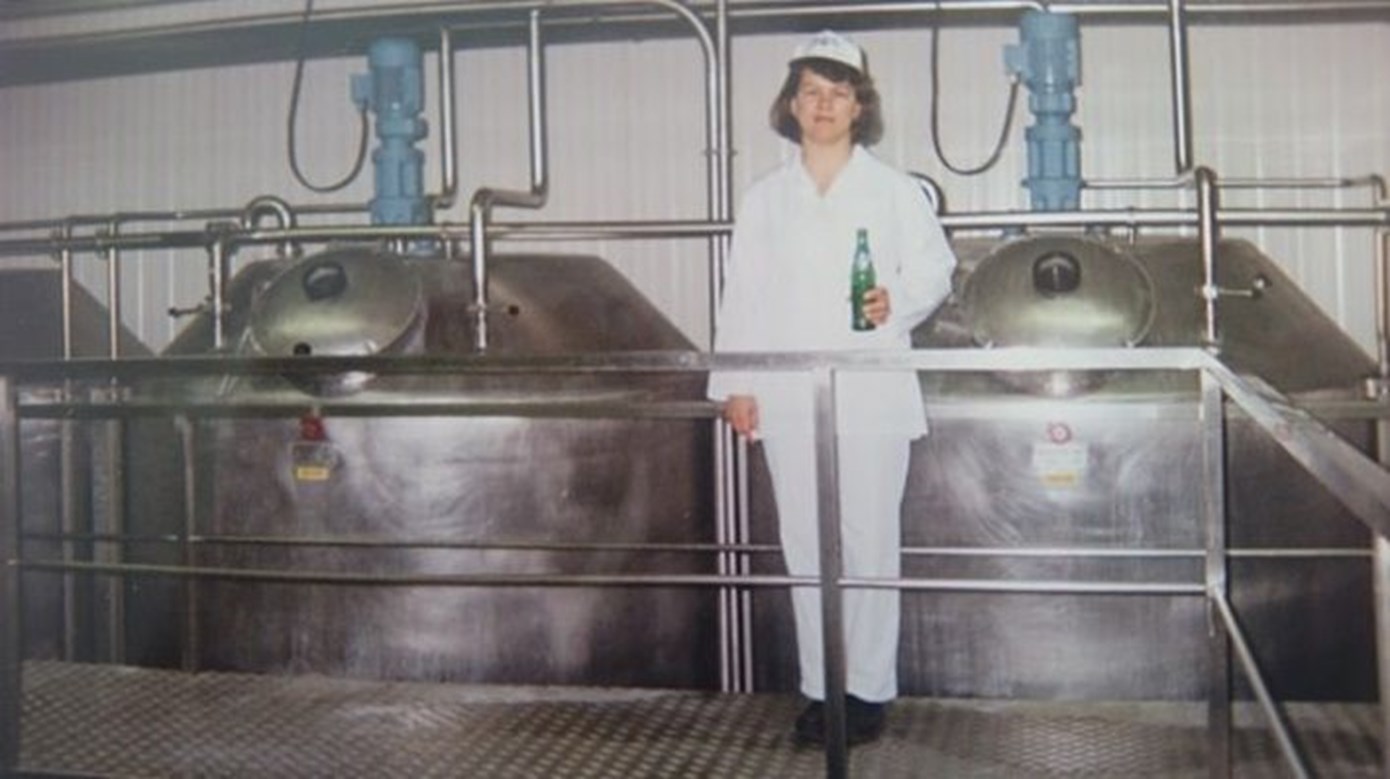
Around this time, work began on creating Baltika’s own brand. The “Baltika” beer was envisioned as a product of the highest European quality, brewed using classical technology. To achieve this, the brewery’s management developed its first investment program for reconstruction and development. As a result, Baltika became the first brewery in Russia to be equipped with the most advanced European technology.
The company produced 500 million liters of beverages annually.
During Bolloev’s presidency (1991–2004), Baltika became the undisputed leader of Russia’s beer market, and the Baltika brand became one of the most recognized Russian brands both domestically and abroad. Beyond the company’s own success, Bolloev also fostered conditions for the overall growth of the brewing industry.

Regional Expansion
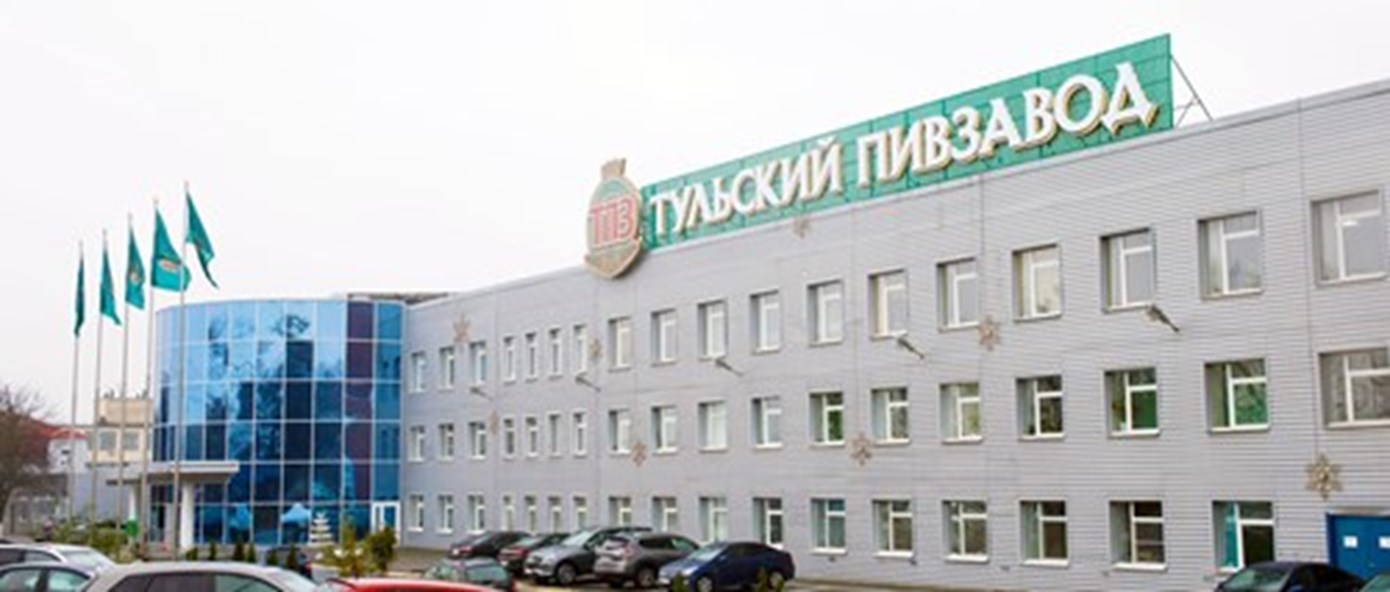
Baltika’s regional expansion began in 1997 with the acquisition of a controlling stake in the Donskoye Pivo brewery in Rostov-on-Don. In October 1999, Baltika acquired the Tulskoe Pivo brewery. At the same time, Baltika’s specialized departments developed an investment program aimed at increasing production capacity at the acquired plants and replacing outdated equipment.
Starting in 1998, Baltika also established a regional sales network. As a result, the former name “Baltika Brewery OJSC” became outdated.
In 1998, shareholders approved the Board of Directors’ decision to rename the company “Baltika Brewing Company OJSC”.
Meanwhile, technological upgrades continued across all production sites. For example, in 1999, Baltika completed construction of an automated finished goods warehouse at its St. Petersburg plant. Its uniqueness lay in the high level of automation and the ability to ship products via both road and rail transport.
2003
New plants opened in Samara and Khabarovsk
2006
Start of merger with Vena, Pikra, and Yarpivo
2008
New plant opened in Novosibirsk

A Turning Point
The turning point for Baltika came in 2006, when it began merging with the brewing companies Vena (plants in St. Petersburg and Chelyabinsk), Pikra (Krasnoyarsk), and Yarpivo (Yaroslavl and Voronezh), whose main shareholder was also BBH.
This merger was unique in Russia in terms of its scope, complexity, and timeline. The process fully complied with Russian legislation and safeguarded the interests of shareholders of all four companies. Thanks to close coordination between shareholders, management, employees, and an open communications policy, the project was executed in the best traditions of international corporate practice.
The integration of production, sales, distribution, and administration during this period made Baltika the largest consumer goods producer in Russia. The scale effect was evident in sales and profit growth, which, in the first quarter of 2007 alone, increased by more than 40% compared to the same period in 2006, before the merger was completed.
Since 2007, Baltika, Vena, Pikra, and Yarpivo have operated as a single legal entity — Baltika Brewing Company OJSC.
In 2009, one St. Petersburg production site (the former Vena plant) was closed due to overcapacity in the region.

Recent History of Baltika
In the 1990s, as part of its strategy for developing business in Russia, BBH participated in the corporatization of several brewing companies (later part of the unified Baltika). By November 1996, the Scandinavian holding owned 50.6% of Baltika’s shares. Another 13.7% were owned by Bossard, later acquired by BBH as well.
In the early 2000s, BBH’s ownership changed — its assets were split equally between Carlsberg Breweries AS (Denmark) and Scottish & Newcastle (UK). Thus, in 2001, Baltika began its integration into the Carlsberg Group, which, through BBH, took part in managing the company.
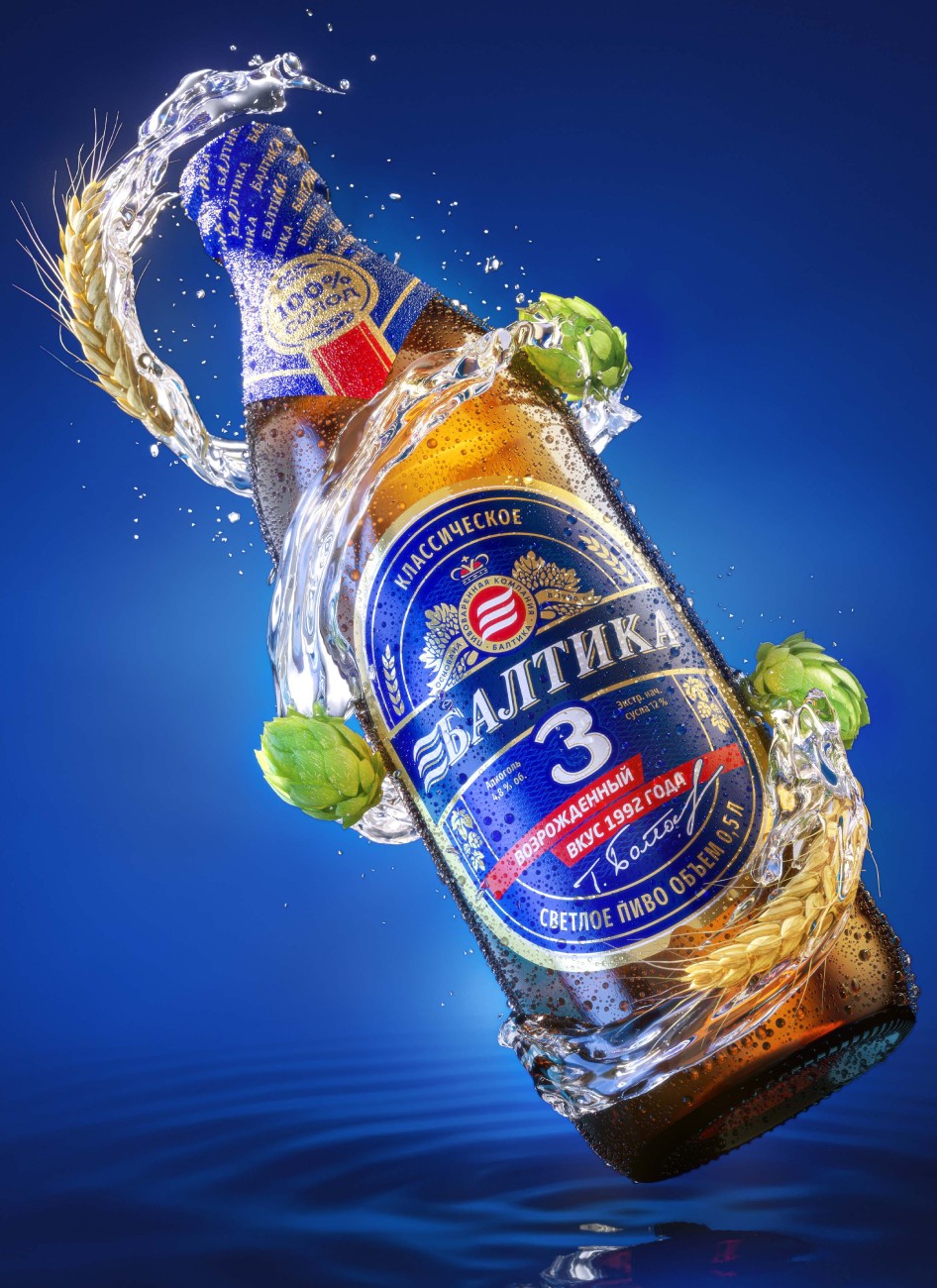
In April 2008, Baltika became fully part of the Carlsberg Group after Carlsberg acquired Scottish & Newcastle’s assets. At this point, Carlsberg Group owned 85% of Baltika’s shares, with the remaining 15% held by minority shareholders.
In November 2012, Carlsberg Group bought out the remaining shares from minority shareholders, becoming the sole owner of Baltika Brewing Company OJSC. To streamline corporate governance, in 2013 the company’s legal form was changed from an open joint-stock company to a limited liability company, completed in January 2014.
In March 2022, Carlsberg Group decided to sell its Russian business. On July 16, 2023, the President of the Russian Federation signed a decree transferring Carlsberg Group’s Russian assets into temporary management by the Federal Agency for State Property Management (Rosimushchestvo). By Rosimushchestvo’s order, on July 17, Taimuraz Kazbekovich Bolloev was appointed President of Baltika Brewing Company.
In December 2024, the government commission approved the sale of Carlsberg Group’s stake in Baltika. Following negotiations with all parties, permission to complete the deal was granted to VG Invest JSC, a company managed by Baltika’s management team.


